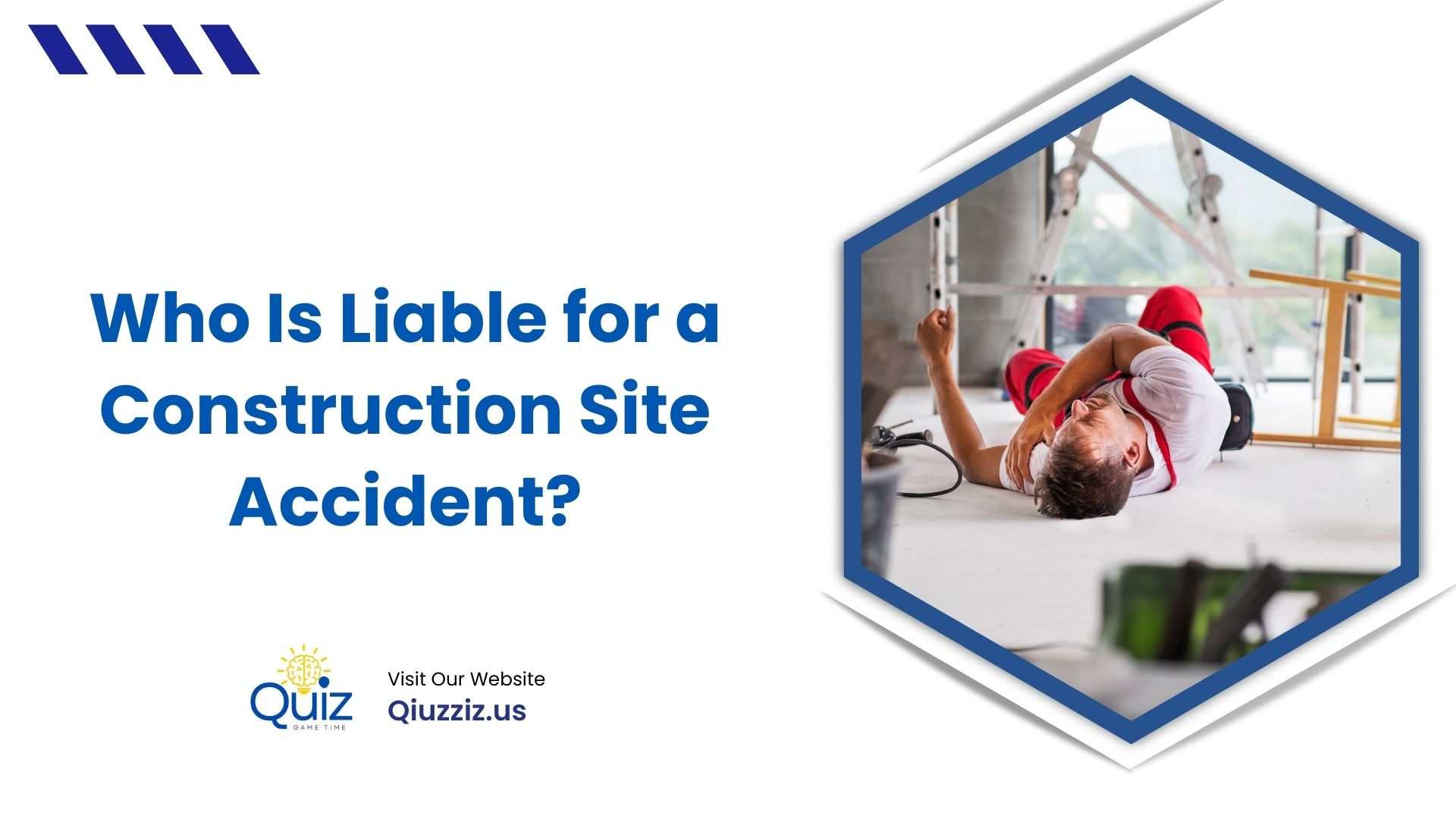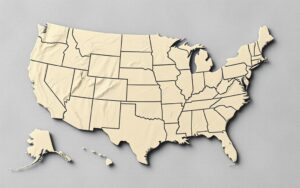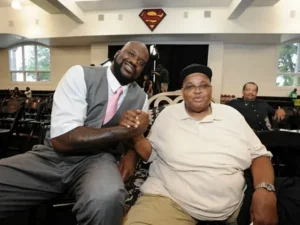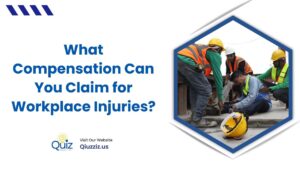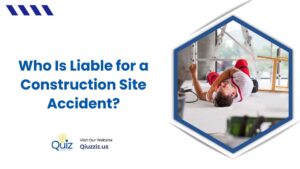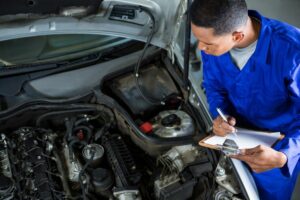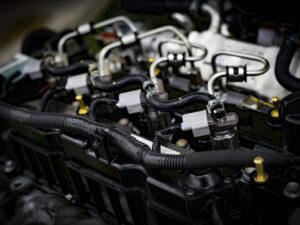Who Is Liable for a Construction Site Accident?
Construction sites are inherently dangerous places. There’s a lot going on at one moment, and everybody is usually concentrating on their own job and not always watching what’s happening around them. When there is an accident, who is responsible? A construction accident attorney can give you advice on your specific situation, but read on for general information on liability in these sorts of accidents.
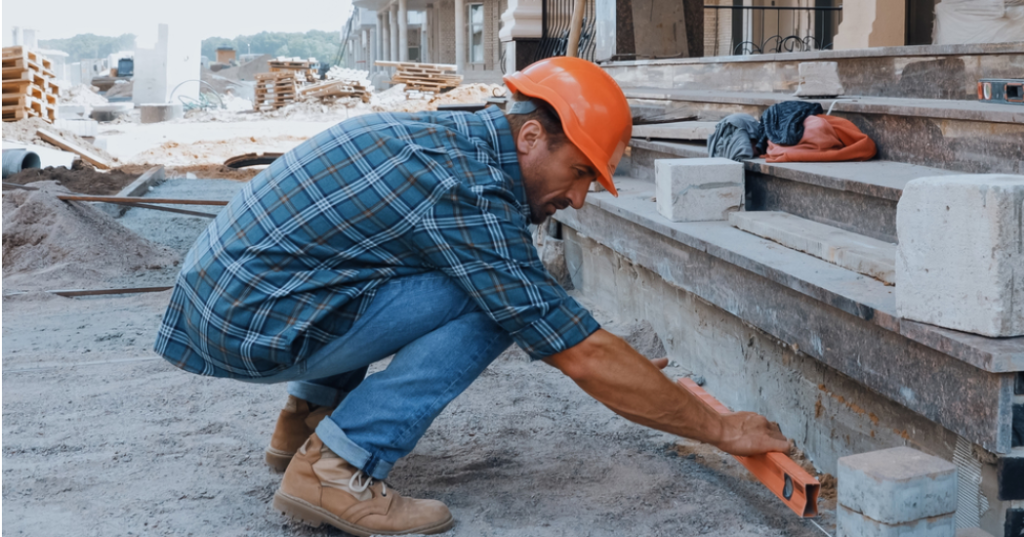
From a Construction Accident Attorney: Who Is Liable?
On a construction site, it’s common for the immediate parties involved in the accident to be liable, for the employer to be liable, for a contractor or subcontractor to be liable, for the owner of the site itself to be liable, for engineers or architects to be liable, or for liability to rest with an equipment manufacturer or third-party vendor. There are other possibilities, but these are the most common.
How Do You Figure It Out?
You determine liability based on duty of care. Duty of care is the responsibility of each party to take proper care relative to their degree of involvement or control in the project or on the site. Who breached the duty of care, bearing in mind that awareness or knowledge of the situation is important?
For example, an employer or site manager would be liable for not dealing with a hazard they had been informed of three weeks earlier. They are not liable for not fixing a hazard that arose immediately before an accident and which no one had informed them about.
Liability also depends on everyone’s adherence to state and federal laws and regulations, such as those imposed by OSHA. If any of these regulations were being violated, the person who had a duty to follow them or ensure that they were followed is likely liable. The only way to properly determine liability is to conduct a thorough investigation of the accident, and that’s one of the reasons it’s so important for you to have an attorney of your own in these situations. Visit this page to learn more.
Types of Breaches of Duty of Care
As mentioned above, if an employer allows hazardous conditions to arise or does not fix them when notified, they could be liable. The same is true if they do not follow safety regulations by not providing proper protective gear, not ensuring all employees have the required training, or falling behind on maintenance.
A property owner may be liable in some cases if they are not addressing hazards, hired substandard or unqualified contractors or third-party vendors to save money, etc. Construction workers themselves can be liable if they know how to properly conduct themselves and do not do so. Equipment manufacturers can also sometimes be liable in cases where equipment malfunctions, even when being used and maintained properly. This is often a sign that there is a defect in the machine itself.
It can be very complicated to figure out liability in a construction site situation, and your wisest choice is always to work with a lawyer from the outset.
